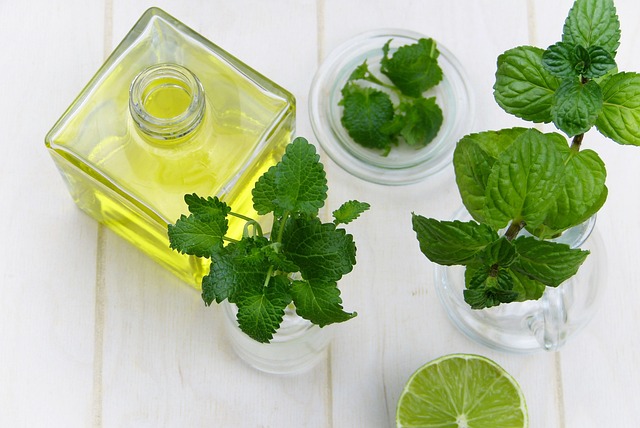IBS & Travel – Feel Well When Travelling
Travel can leave sufferers of IBS (irritable bowel syndrome) anxious, as worries over local food, access to bathrooms and the stress of organising a trip can inflate symptoms of IBS, leaving some avoiding holidays altogether. Consultant Gastroenterology Dietitian Dr Bridgette Wilson offers advice.
IBS & Travel: What to do
Long haul flights can be dehydrating and can cause constipation symptoms to worsen. Also, the anxiety around finding bathrooms and using a bathroom that isn’t in the comfort of your own home, can sometimes be a trigger for anxiety induced IBS symptoms.
For long haul flights it is advisable to take your own water and high fibre snacks such as oatcakes or dried fruit and nuts to prevent constipation.
There is no direct physical explanation for why travelling to a warmer country would exacerbate IBS symptoms. However, in hot weather, excessive sweating can result in dehydration. When our digestive system lacks sufficient water, its functionality may be compromised. This can lead to increased bloating, gas, or stomach pains, as the fermentation of food in the gut is affected. Drinking water is essential.
Pack laxatives, anti-diarrhoea pills and rehydration salts when travelling to treat symptoms as early as possible if needed. Soluble fibre helps so pack some psyllium husk or chia seeds. Prebiotic galactooligosaccharides taken before and during travel reduces the likelihood of traveller’s diarrhoea and so do some probiotics.
Many tropical destinations have different foods and hygiene standards. Take care over food washed in tap water or ice cubes in drinks as these can also carry infectious microbes that can lead to tummy bugs and IBS flares.
IBS & Travel: how to deal with related stress:
Focus on activities such as socialising, reading, listening to music, or shopping as a way to relieve tension.
Physical exercise such as swimming, running and walking reduces stress and supports the bowel function.
To help relax the mind, try tai chi, qi gong, yoga and breathing technique or relaxation exercises such as visualisation to calm the mind.
Ensure you have sufficient sleep and a nutritious diet for overall wellbeing.

